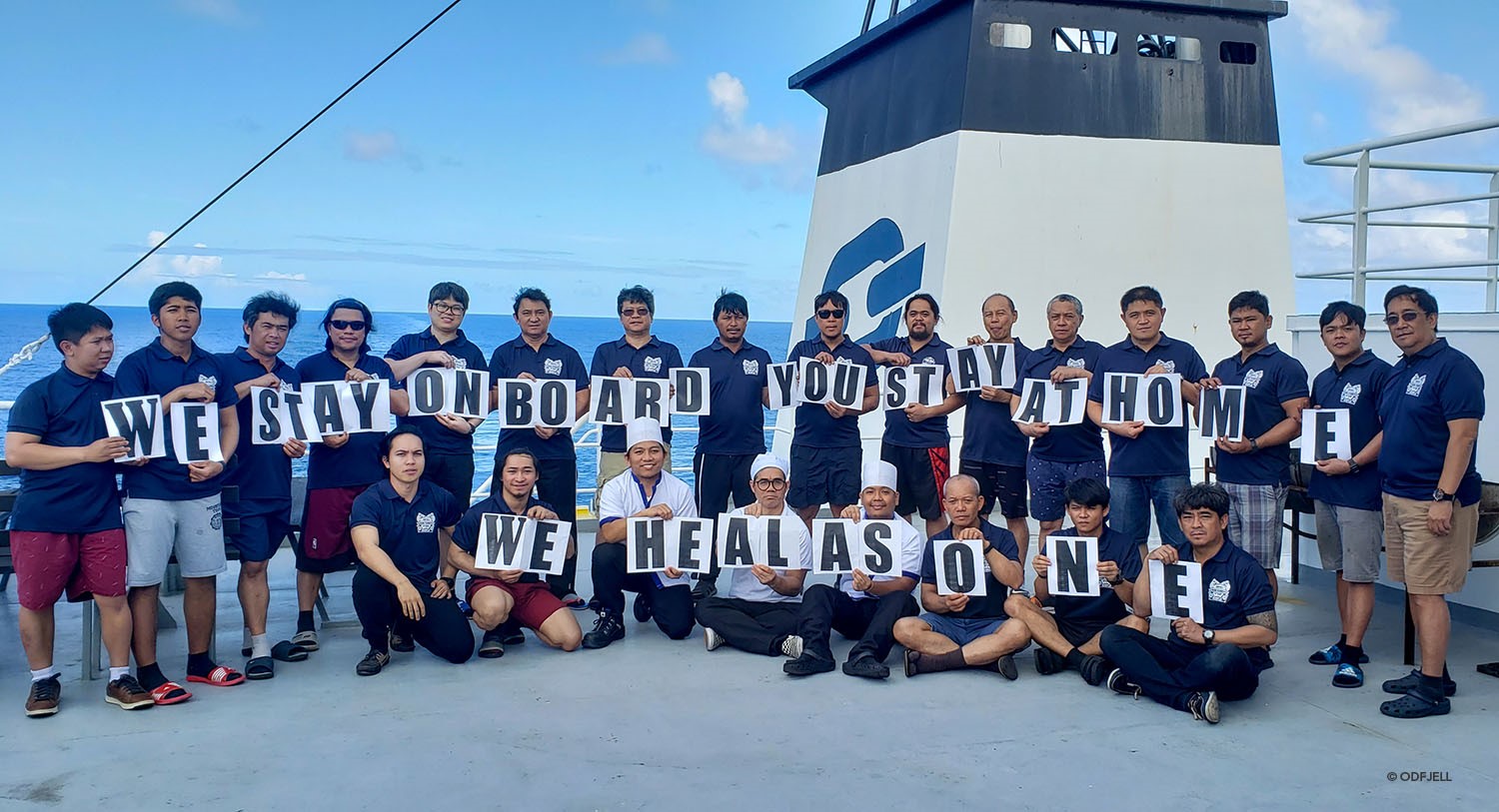Also available in Japanese.
That picture of course continues to evolve as different parts of the world come out of lockdown but, there is no doubt, that the coming months and possibly years will be exceptionally challenging for the entire maritime industry. Our aim is to balance our ability to help individual Members and clients with the maintenance of the long-term financial health of the group.
But with many of the issues that we all face, the change that is required requires collective action. The pandemic has revealed fundamental vulnerabilities in the global supply chain, as national measures to protect the health of different countries can create havoc for ships and shipping. This meant that the supply of basic needs, such as food, medical supplies, and energy, could not be taken for granted. In normal times, over 50,000 ships with 1.2 million seafarers are on the move, with around 200,000 sailors in transit for crew changes around the world. Closed borders, quarantine regulations and airlines grounded, meant that moving those personnel was and continues to be very difficult.
The industry task force that came together to tackle this issue demonstrated the strength of having global organisations like International Chamber of Shipping and respected multinational authorities like International Maritime Organisation working together. Their efforts reminded people of the vital role that seafarers play in keeping economies moving. The recent easing of restrictions and thereby enabling more efficient crew changes in Singapore and Hong Kong is a good illustration of what we can achieve together as an industry.
As we have seen, national responses often come up short because they are often looking at the world through quite a narrow prism, and global solutions take time. So, in addition to the larger multi-stakeholder collaborations it is important to keep in mind the smaller more practical cross-sectorial initiatives, that can help solve the wider challenge. An example of this is the recent collaboration between Gard and the University Hospital of Bergen, developing an online web-based tool to manage COVID-19 cases onboard vessels to help protect the health of seafarers.
We have seen that multi-stakeholder collaboration can work. Shipowners, oil companies, classification societies, finance institutions, multilateral organisations and governments worked together to reduce oil pollution from tankers and the result is that spills from tankers have reduced by 97% on a 10-year average. This is good for shipping and the maritime industries, good for the ocean, the coastal environment and the people who are directly affected. And it took 40 years, it was not overnight.
We are still in an early phase in the Covid-19 crisis. It will take time to recover, and it will be very tough for many, but we are confident that strong multi-stakeholder collaboration will ease consequences and enable opportunities for our Members and the maritime industries in general – and we are ready and willing to play our part.
Rolf Thore RoppestadChief Executive Officer



